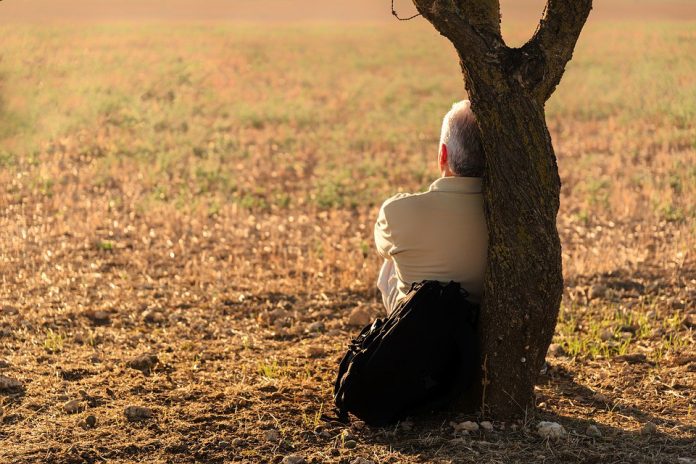The lines will operate until 11 p.m. Friday, July 21.
The Philadelphia Corporation for Aging Heatline — 215–765–9040 — will operate through midnight today, Thursday, July 20, and from 8:30 a.m. to 11 p.m. Friday, July 21, as a result of a heat health emergency declared by the city Department of Public Health.
The National Weather Service is predicting heat index values at or above 100 degrees Thursday and Friday.
At PCA’s Heatline call center, a team of trained staff will counsel callers of all ages about precautions to take against the heat and detecting signs of heat stress. City health department nurses will be on site to speak with callers about medical problems related to the heat. Mobile relief teams from the health department will respond to situations requiring intervention, and 911 will be called for emergencies.
Neighbors, friends and relatives are urged to look in on elderly persons, as they may be especially vulnerable to the heat.
Symptoms of heat stress include loss of energy, loss of appetite, upset stomach, lightheadedness, heat cramps, heavy sweating, thirst, feeling faint, giddiness, confusion and nausea.
If you or someone you know experiences one or more of these symptoms, move to a cool location and rest. Drink more fluids and remove any excess clothing.
Call 911, if symptoms include any of the following: lack of sweat; combative behavior; hot, dry, flushed skin; body temperature of 105 degrees or above; throbbing headache; rapid heartbeat or breathing; convulsions; staggering; loss of consciousness; and confusion.
To avoid heat stress and dehydration: Drink a glass of water every 20 minutes; avoid caffeine and alcohol; turn on the air conditioning or go somewhere that is air-conditioned — don’t try to save on energy bills during a heat wave; keep curtains or blinds closed during daylight hours to block out the sun; if you can’t get out of the house, stay on a lower floor, where it’s cooler, and open the windows, using a fan only if the outside air is cooler than the inside air, and do not use a fan with the windows closed; take a cool shower or bath, which can be more effective at cooling you down than using a fan; dress in loose, light-colored clothing; and eat lightly, avoid hot foods and heavy meals and using your stove and oven less to keep room temperatures lower. ••






